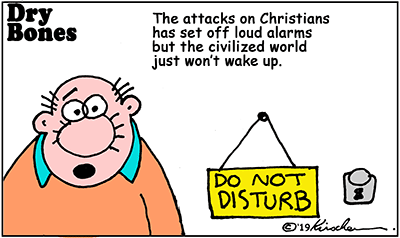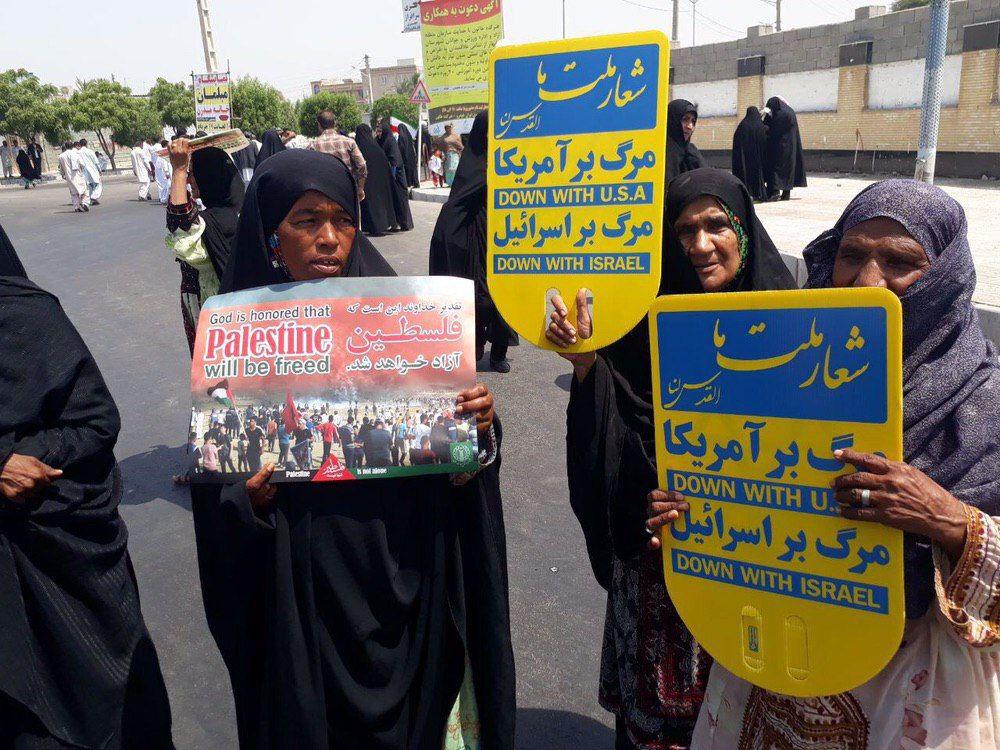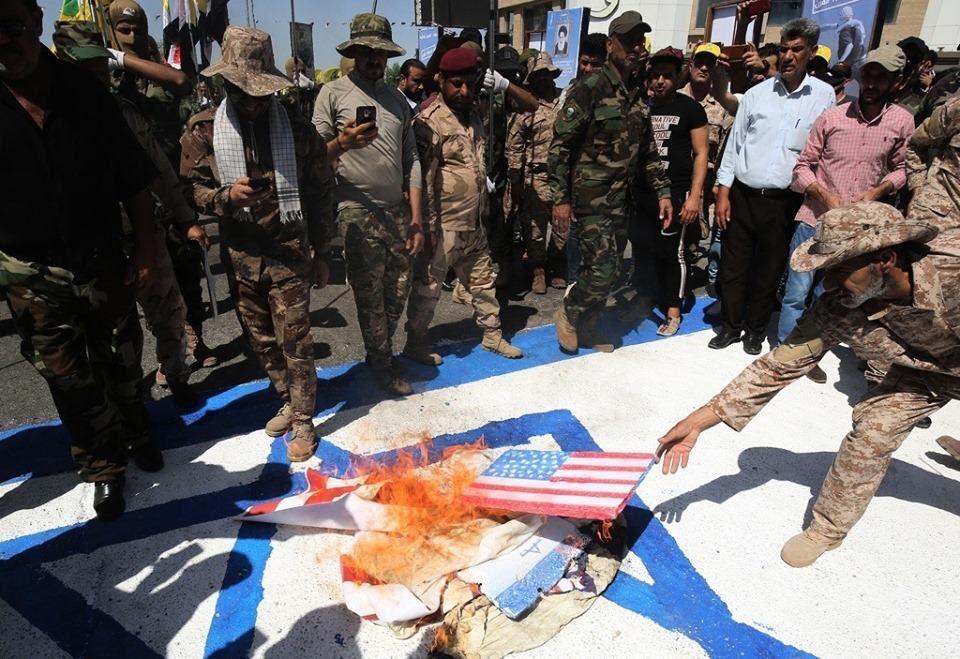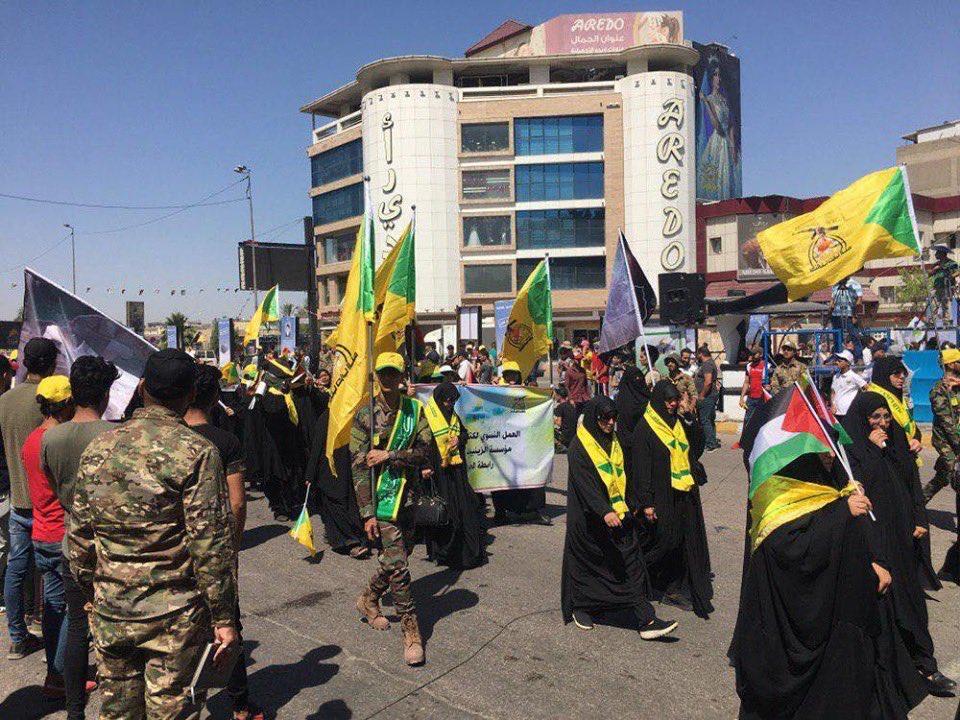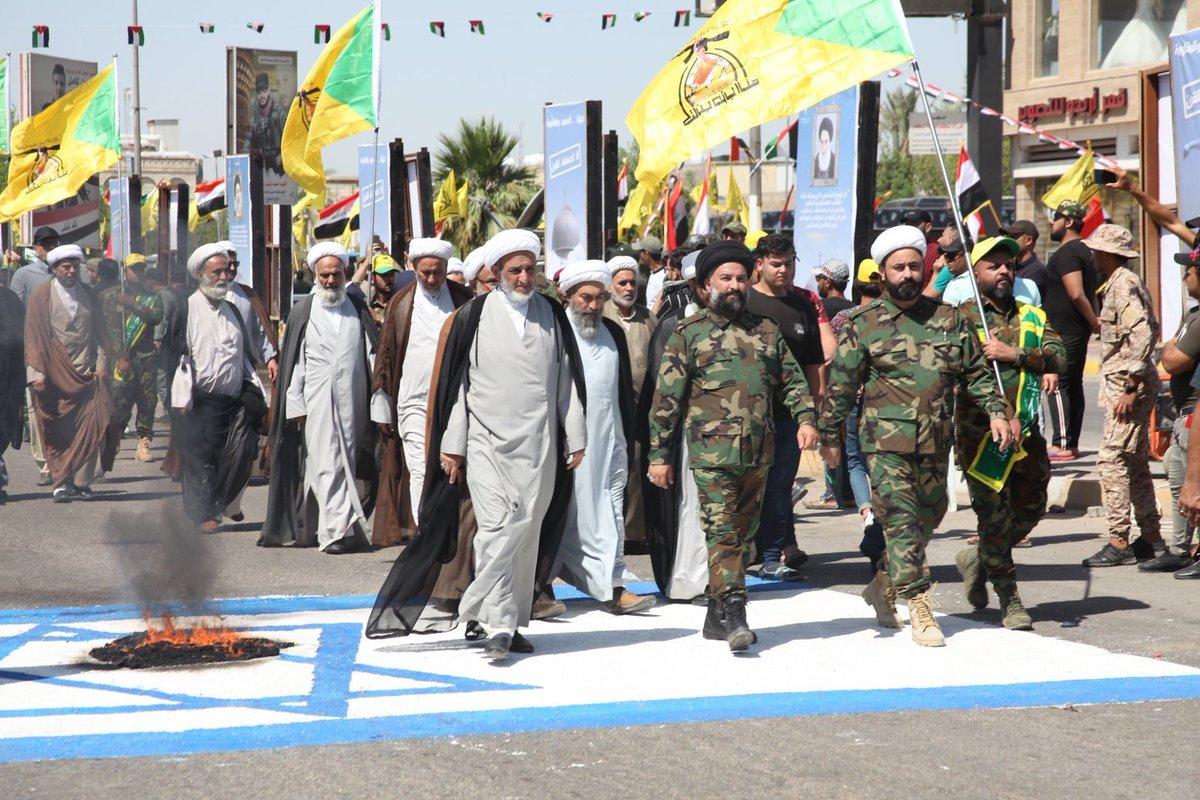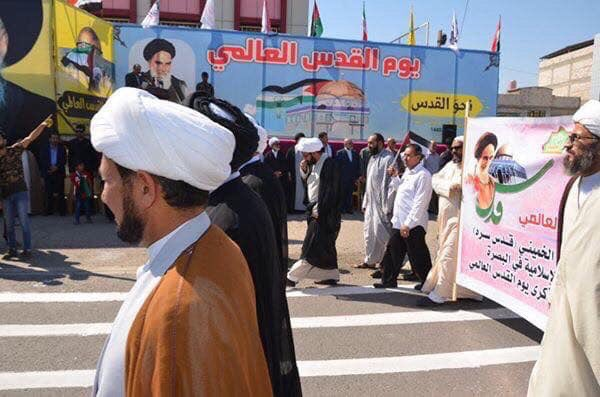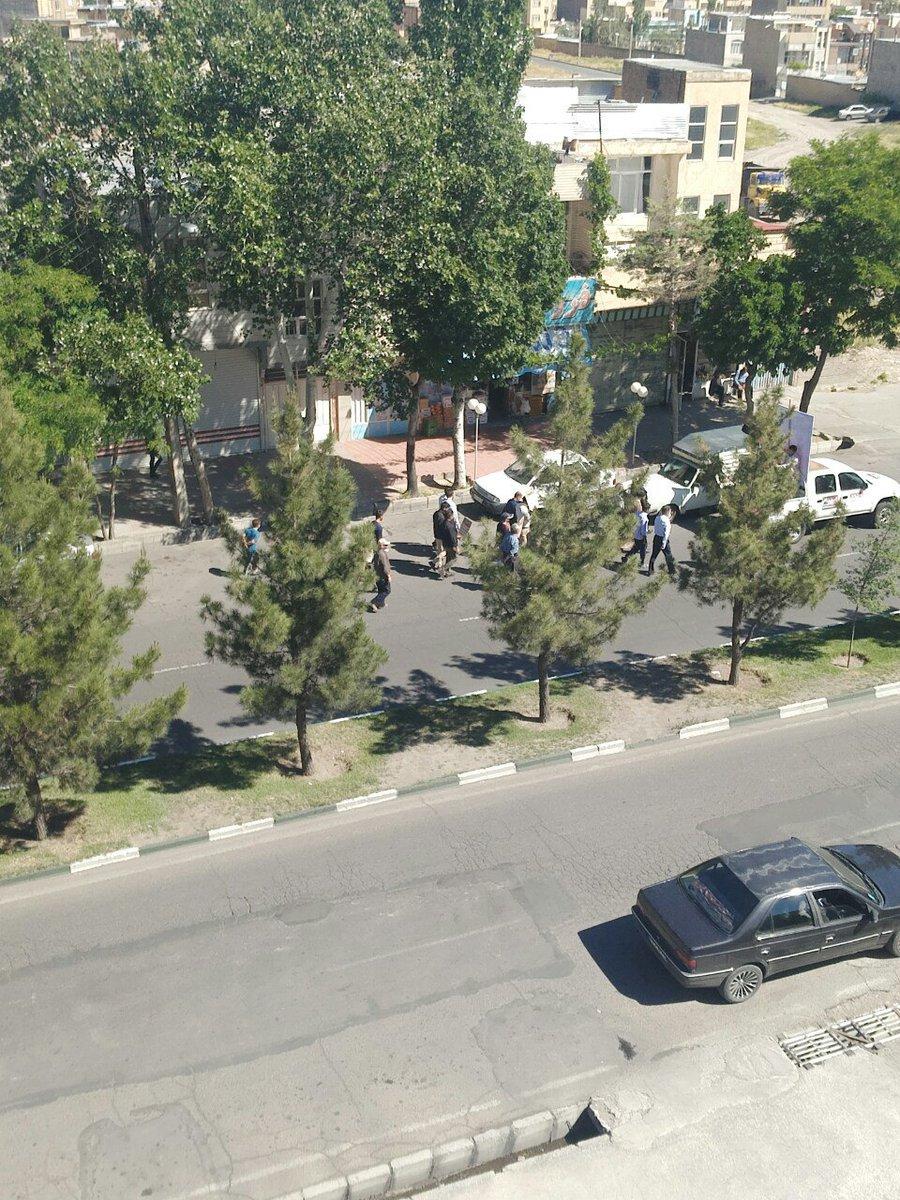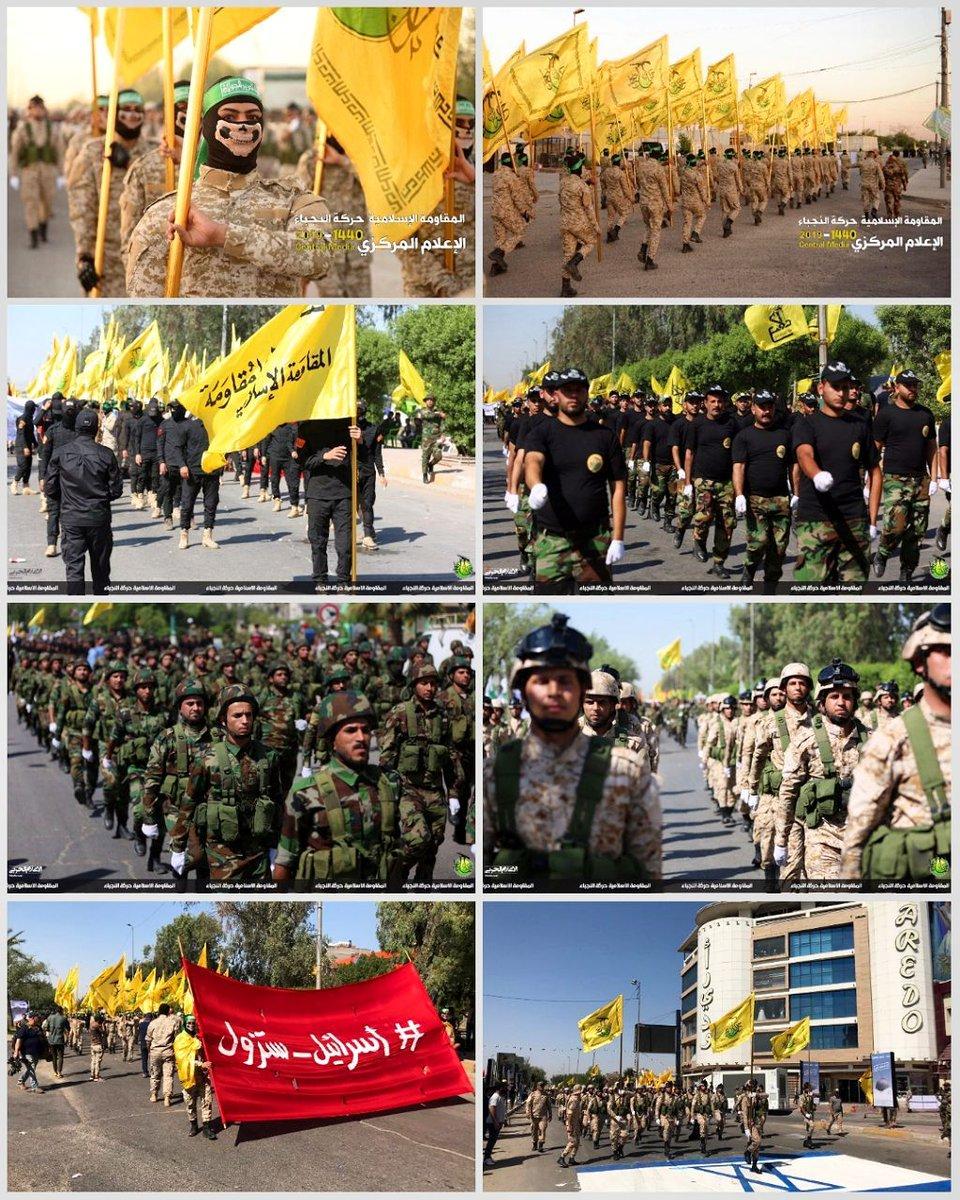California Dems suggest Israel tied to 2018 Pittsburgh synagogue attack
As the California Democratic Party State Convention opens on Friday, Fox News reports that proposed resolutions include some that link Israel with "virulent Islamophobia," mandating Democratic officials to "nullify" US President Donald Trump’s Israeli policies, among them moving the US Embassy to Jerusalem.The Impossible Future of Christians in the Middle East
Fox said the document the station obtained is secret.
One such resolution, "Commending the House for resolving to fight all racism and bigotry and for resisting the false conflation of support for Palestinian rights with antisemitism," was written by American-Israeli David Mandel. He is an elected State Assembly delegate who lived in Israel for a decade.
The resolution claims that the Israeli government is welcoming support from Christian fundamentalist groups, and in so doing, is aligning with Islamophobia while ignoring how such groups display “deeply rooted antisemsitm.”
According to Fox, the resolution also claims the 2018 shooting at a Pittsburgh Synagogue was "the culmination of an alarming re-emergence of virulent antisemitism,” of the sort in which these groups allegedly rooted.
The news outlet cites an additional resolution that calls on Congress to demand Israel and Egypt end their blockade of the Gaza Strip, which is controlled by the Hamas terror group, and “restore a semblance of normal life” for the two million Palestinians who reside in it.
Executive director of Jewish Democratic Council of America Halie Soifer urged the California Democratic Party “not to fall into the trap of letting Republicans to divide us on Israel and the fight against antisemtism,” a Friday press release stated.
The precarious state of Christianity in Iraq is tragic on its own terms. The world may soon witness the permanent displacement of an ancient religion and an ancient people. Those indigenous to this area share more than faith: They call themselves Suraye and claim a connection to the ancient peoples who inhabited this land long before the birth of Christ.Persecution of Palestinian Christians Worsens; the Palestinian Authority Turns a Blind Eye
But the fate of Christianity in places like the Nineveh Plain of Iraq has a geopolitical significance as well. Religious minorities test a country's tolerance for pluralism; a healthy liberal democracy protects vulnerable groups and allows them to participate freely in society. Whether Christians can survive and thrive in Muslim-majority countries is a crucial indicator of whether democracy, too, is viable in those places. In Iraq, the outlook is grim, as it is in other nations in the region that are home to historic Christian populations, including Egypt, Syria, and Turkey. Christians who live in these places are subject to discrimination, government-sanctioned intimidation, and routine violence.
Alqosh sits nestled below the mountains that divide Iraq from Turkey. For Christians in the Nineveh Plain, Alqosh is a place of national and religious pride, a way station for important figures in the ancient Christian world that some here compare in significance to Jerusalem or Rome.
There's another history to Alqosh. Back through the winding roads of town sits a tomb said to belong to Nahum, a biblical prophet believed to have lived in the region during the seventh century BCE. Jews prayed in this place. The building was a synagogue and the walls are covered in Hebrew. One engraved stone promises, "This will be your dwelling place forever."
Just this month, two churches in Palestinian-controlled areas of the West Bank were vandalized, one of them for the sixth time in the past few years. On April 25, armed men attacked the Christian village of Jifan, which is also governed by the Palestinian Authority (PA). Edy Cohen writes:
The violence [in Jifan] erupted after a woman from the village submitted a complaint to the police that the son of a prominent leader affiliated with the PA’s ruling Fatah party had attacked her family. In response, dozens of Fatah gunmen came to the village, fired hundreds of bullets in the air, threw petrol bombs while shouting curses, and caused severe damage to public property. It was a miracle that there were no dead or wounded.
Despite the residents’ cries for help, the PA police did not intervene during the hours of mayhem. They have not arrested any suspects. Interestingly, the rioters called on the residents to pay jizya—a head tax that was levied throughout history on non-Muslim minorities under Islamic rule. The most recent [instances of the reintroduction of the] jizya involved Christian communities of Iraq and Syria under Islamic State rule. . . .
It is unlikely that the latest wave of attacks will lead to the arrest, let alone prosecution, of any suspects. The only thing that interests the PA is that events of this kind not be leaked to the media. Fatah regularly exerts heavy pressure on Christians not to report the acts of violence and vandalism from which they frequently suffer, as such publicity could damage the PA’s image as an actor capable of protecting the lives and property of the Christian minority under its rule. Even less does the PA want to be depicted as a radical entity that persecutes religious minorities. That image could have negative repercussions for the massive international, and particularly European, aid the PA receives.


